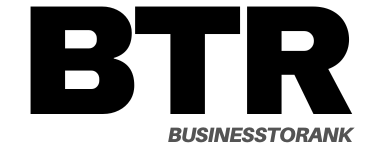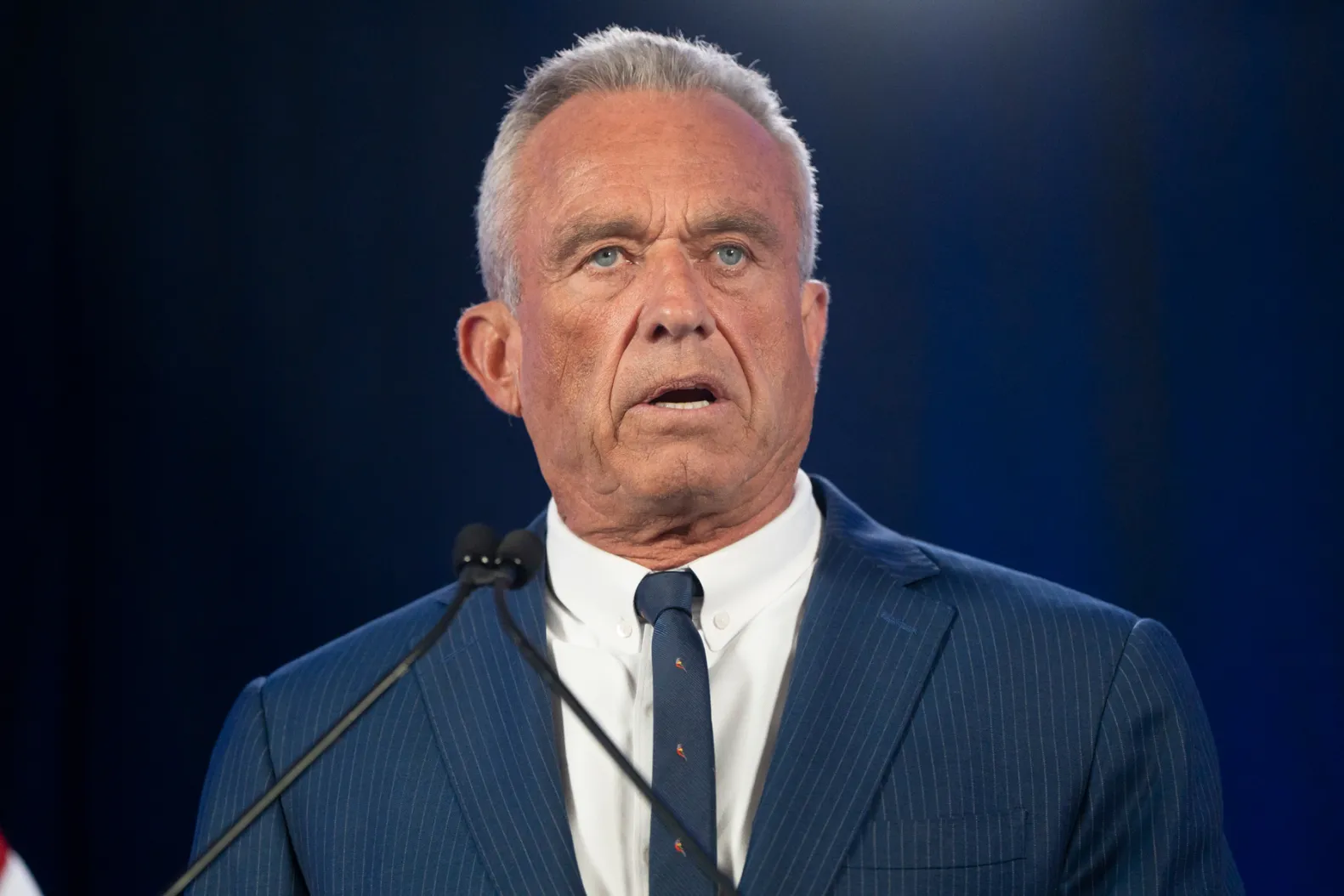Introduction to Robert F. Kennedy Jr.’s political campaign
Robert F. Kennedy Jr. is more than just a name tied to an illustrious political legacy; he’s making headlines with his own campaign ambitions. As the landscape of American politics evolves, RFK Jr.’s strategy intertwines traditional values with modern tactics, particularly through social media platforms. This dynamic approach reflects how technology has shifted the way candidates connect with voters and share their visions. But what role does social media play in shaping RFK Jr.’s narrative? Let’s dive into this fascinating intersection of politics and digital engagement to explore how it influences voter perceptions and campaign strategies today.
The growing influence of social media in politics
Social media has transformed the political landscape. It allows candidates to reach voters directly, bypassing traditional media filters. This direct connection is unprecedented.
Platforms like Twitter and Instagram have become essential tools for campaigning. They offer a space for instant feedback and interaction. Candidates can share their messages in real-time, adapting quickly to current events or controversies.
Moreover, social media enables grassroots movements to flourish. Ordinary citizens can rally behind causes they believe in, amplifying voices that might otherwise go unheard. This democratization of communication changes how campaigns are organized and funded.
The viral nature of content also plays a significant role in shaping public perception. A single post can spark debates, influence opinions, or even sway undecided voters overnight—making social media an indispensable component of modern politics.
How RFK Jr. utilized social media during his campaign
Robert F. Kennedy Jr. embraced social media as a vital tool in his campaign arsenal. His presence on platforms like Twitter, Instagram, and TikTok allowed him to connect with voters directly.
He shared personal stories that resonated with many people. These narratives highlighted his family legacy and commitment to environmental issues, drawing in a diverse audience.
Kennedy also used live streams to engage followers in real-time discussions. This approach fostered a sense of community among supporters who felt they were part of the conversation.
Strategically timed posts kept his message fresh and relevant during critical moments of the campaign. By responding promptly to current events or controversies, he maintained visibility and relevance across digital spaces.
Moreover, RFK Jr.’s team leveraged user-generated content by encouraging supporters to share their own experiences related to his policies and ideals. This grassroots involvement amplified his reach exponentially.
Comparison with traditional campaign strategies
RFK Jr.’s campaign strategy contrasts sharply with traditional approaches. Historically, candidates relied heavily on face-to-face town halls and extensive door-to-door outreach.
Television ads dominated the airwaves, shaping public perception through polished messaging. Campaign rallies were grand events designed to rally support in person.
However, RFK Jr. embraced social media as a primary tool for engagement. Platforms like Twitter and Instagram allowed him to connect directly with voters without intermediary filters.
This shift enabled him to respond swiftly to current events while fostering genuine conversations with supporters. The immediacy of social media often outpaced traditional methods, allowing rapid dissemination of his message.
While conventional campaigns focused on broad audiences through mass media, RFK Jr.’s approach targeted niche communities online. This strategic pivot reflects a broader trend where digital platforms increasingly shape political discourse and candidate visibility in unprecedented ways.
Impact of social media on voter engagement and outreach
Social media has transformed how candidates connect with voters. Platforms like Twitter, Facebook, and Instagram allow for direct communication and real-time interaction. RFK Jr. harnessed this power to reach potential supporters effectively.
Engagement on social media isn’t just about broadcasting messages. It’s a two-way street where feedback flows freely between politicians and the public. This dynamic fosters community building, creating a sense of belonging among followers who feel their voices matter.
Additionally, social media enables targeted outreach based on user data. Campaigns can tailor content to specific demographics or interests, increasing relevance and impact. For RFK Jr., this meant addressing issues that resonated deeply with his audience.
Moreover, viral moments can significantly amplify a campaign’s message overnight. A single post can spark widespread discussion or mobilize support in ways traditional media cannot match. Social platforms have become essential tools in shaping political landscapes today.
Criticisms and controversies surrounding RFK Jr.’s social media use
Robert F. Kennedy Jr.’s social media presence has sparked significant criticism and controversy. Some detractors accuse him of spreading misinformation, particularly regarding health issues and vaccines. His posts often draw sharp reactions from both supporters and opponents.
These criticisms are not just limited to content; they also extend to the platforms he chooses for outreach. Critics argue that his reliance on alternative networks creates echo chambers, where dissenting voices struggle to be heard.
Additionally, RFK Jr.’s provocative style garners attention but can alienate more moderate voters. This polarizing approach raises questions about the effectiveness of his message in appealing to a broader audience.
The algorithms of social media amplify this divide, making it easier for controversial messages to gain traction while pushing nuanced discussions into obscurity. His campaign’s digital footprint may excite ardent followers but risks deepening societal divides among potential constituents.
Future implications for political campaigns and the role of social media
The future of political campaigns is undeniably intertwined with social media. As platforms evolve, candidates like RFK Jr. will likely harness new tools for engagement and outreach.
Video content and live streaming are becoming essential components of campaign strategies. They provide a direct channel to voters, allowing for real-time interaction and feedback.
Moreover, the rise of influencers can amplify messages in ways traditional methods cannot match. Candidates may collaborate with popular figures to reach younger demographics.
Data analytics will also play a pivotal role in shaping campaign tactics. Understanding voter behaviors through social media metrics enables targeted messaging that resonates deeply with specific audiences.
As misinformation spreads easily online, candidates must navigate this landscape carefully, balancing authenticity with strategic communication. The stakes are higher than ever as each post can influence public perception dramatically. This evolution promises dynamic shifts in how future campaigns unfold.
Conclusion
Robert F. Kennedy Jr.’s campaign has certainly marked a new chapter in how political figures engage with the electorate. Social media played an undeniable role in shaping his outreach and messaging strategies. By leveraging platforms like Twitter, Facebook, and Instagram, RFK Jr. connected directly with supporters while also voicing his controversial opinions.
The growing influence of social media cannot be ignored; it reshapes traditional campaigning methods and adds layers to voter interaction. While some critics have raised concerns over misinformation or divisive rhetoric online, advocates argue that social media democratizes access to information.
As future elections approach, it’s clear that candidates will need to adapt their strategies even further. The way RFK Jr. embraced this digital landscape could serve as a model for others looking to navigate the complexities of modern politics effectively.
The intertwining of social media and political campaigns seems poised to continue evolving—an evolution that may redefine electoral dynamics for years to come.

